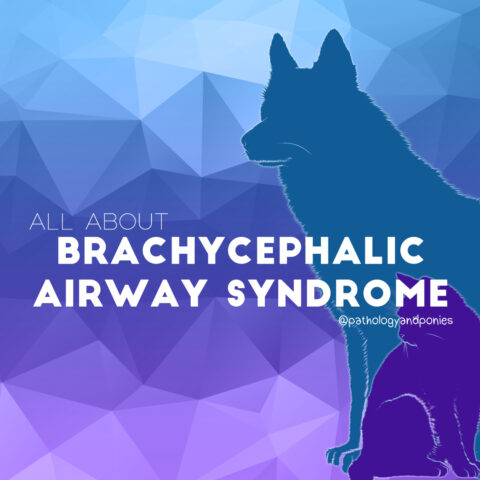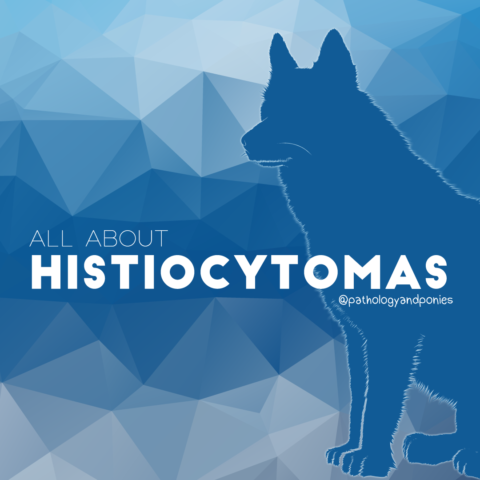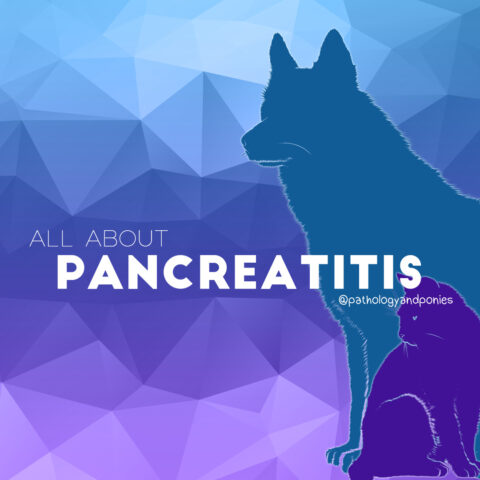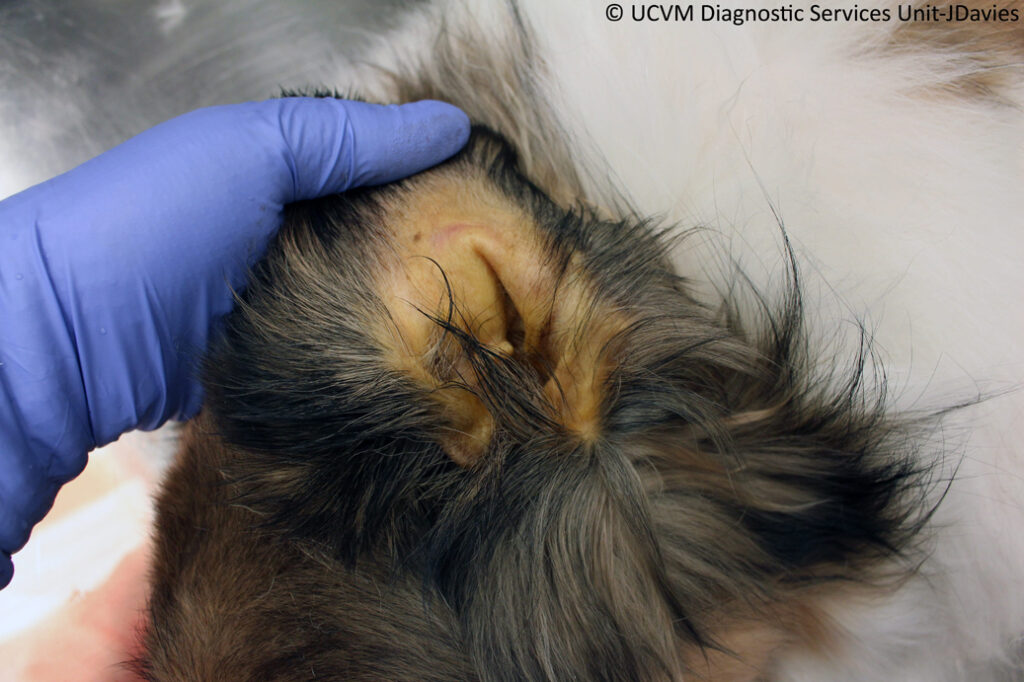
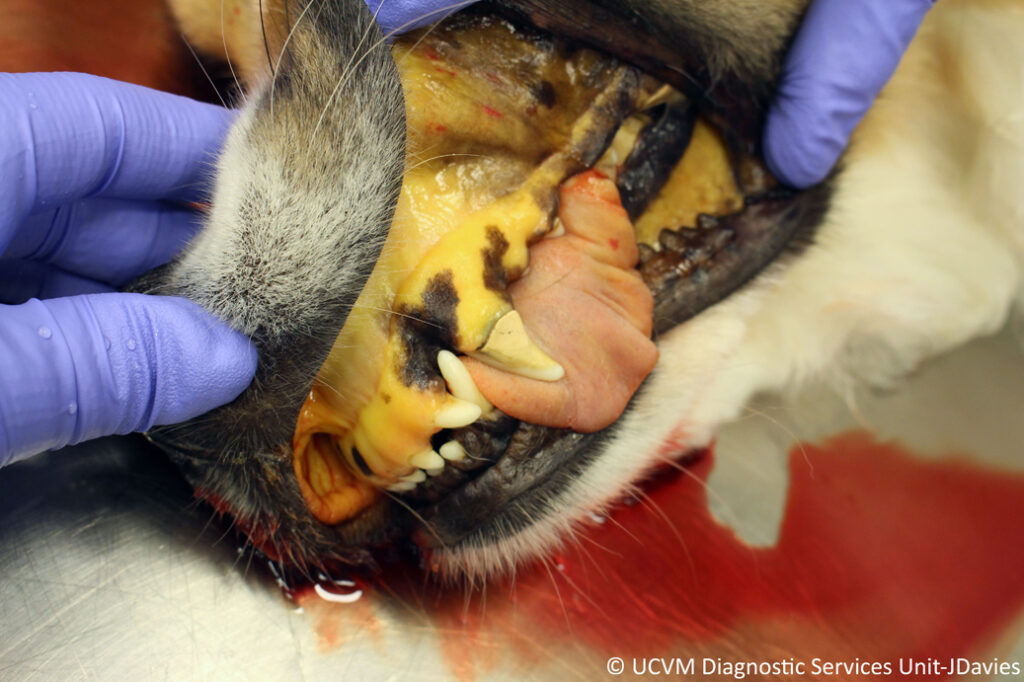
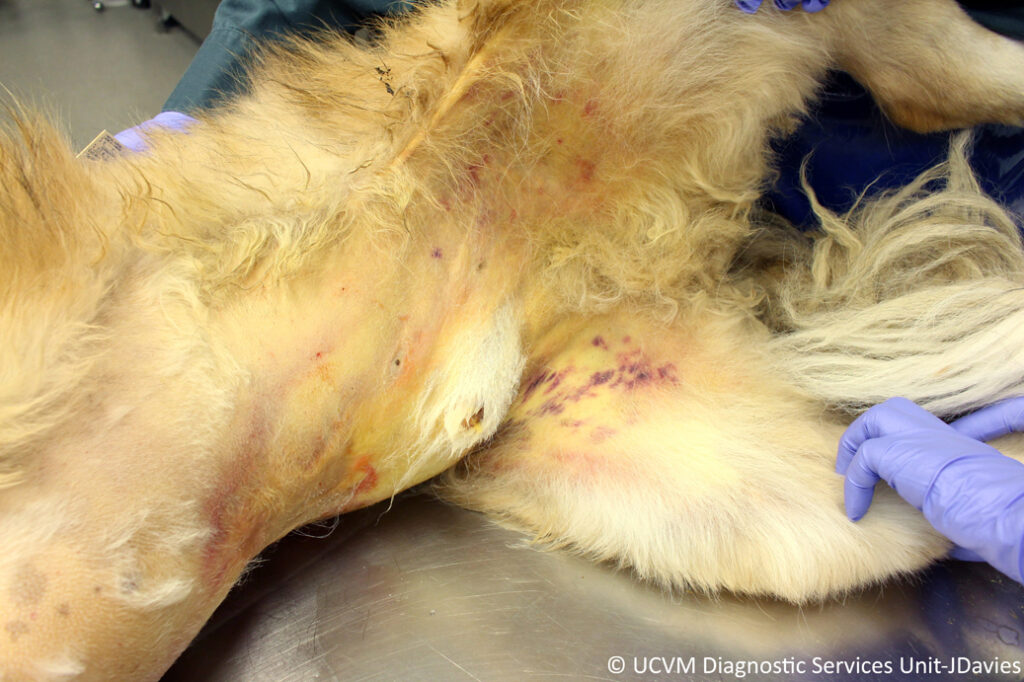


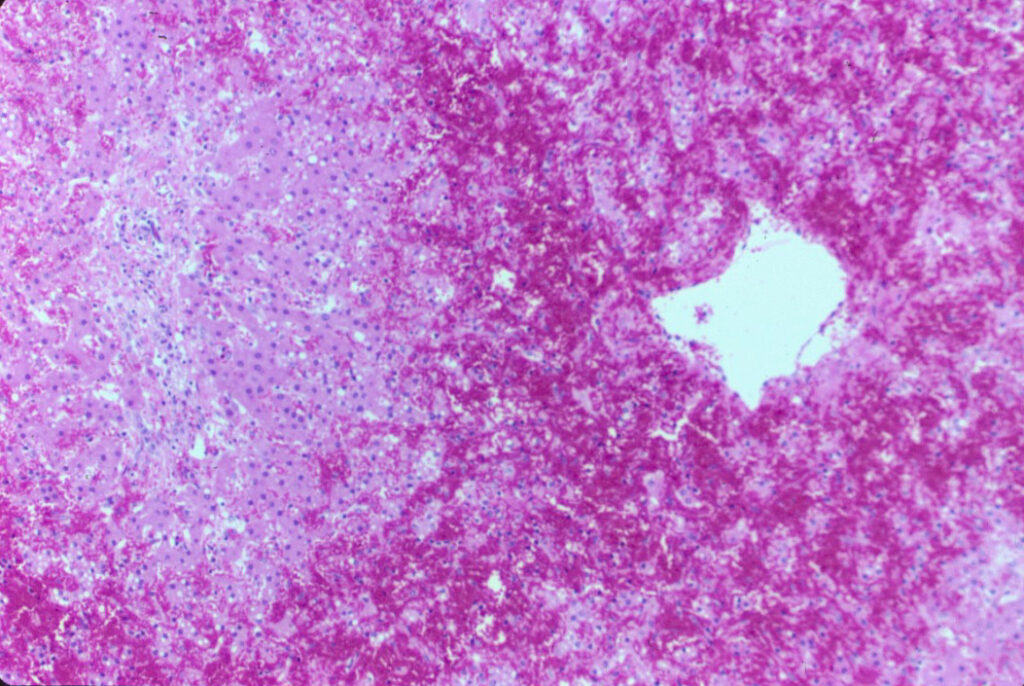
Happy (almost) Easter! This week’s posts are going to be themed around toxins commonly seen around the Easter holiday. Today’s path rounds are on 𝐱𝐲𝐥𝐢𝐭𝐨𝐥 𝐭𝐨𝐱𝐢𝐜𝐢𝐭𝐲!
𝐖𝐡𝐚𝐭 𝐢𝐬 𝐢𝐭?
𝐗𝐲𝐥𝐢𝐭𝐨𝐥 is an artificial sweetener found in candies, peanut butters, baked goods and gum. It can also be found in other products like chewable vitamins, some medications, toothpastes, etc.
𝐖𝐡𝐨 𝐠𝐞𝐭𝐬 𝐢𝐭?
Dogs seem uniquely susceptible to xylitol toxicity!
𝐖𝐡𝐚𝐭 𝐜𝐚𝐮𝐬𝐞𝐬 𝐢𝐭?
Xylitol causes release of large amounts of 𝐢𝐧𝐬𝐮𝐥𝐢𝐧, which is the major hormone that encourages 𝐠𝐥𝐮𝐜𝐨𝐬𝐞 (sugar) in the bloodstream to enter cells. With large amounts of insulin floating around, more glucose than normal is pushed into the cells, resulting in 𝐡𝐲𝐩𝐨𝐠𝐥𝐲𝐜𝐞𝐦𝐢𝐚 (low blood sugar). Xylitol can also cause severe 𝐡𝐞𝐩𝐚𝐭𝐢𝐜 𝐧𝐞𝐜𝐫𝐨𝐬𝐢𝐬 (cell death in the liver), however the mechanism of this is unknown.
𝐖𝐡𝐲 𝐢𝐬 𝐭𝐡𝐢𝐬 𝐚 𝐩𝐫𝐨𝐛𝐥𝐞𝐦?
Hypoglycemia can cause 𝐚𝐭𝐚𝐱𝐢𝐚 (irregular, wobbly gait), seizures, and even a coma. This is due to the nervous system’s requirement for glucose to produce energy, whereas other types of cells can use proteins or fats if glucose is limited. Without enough glucose in the blood, the nervous system quickly develops issues!
The hepatic necrosis caused by xylitol can lead to 𝐢𝐜𝐭𝐞𝐫𝐮𝐬 (yellowing of the skin), vomiting and 𝐜𝐨𝐚𝐠𝐮𝐥𝐨𝐩𝐚𝐭𝐡𝐲 (inadequate blood clotting). The liver is responsible for producing most of the clotting proteins in the blood, so when it fails, it stops producing these proteins. Affected animals may be at risk of excessive bleeding or even spontaneous bleeding.
𝐇𝐨𝐰 𝐢𝐬 𝐢𝐭 𝐝𝐢𝐚𝐠𝐧𝐨𝐬𝐞𝐝?
Diagnosis is typically made through a history of xylitol ingestion, combined with findings of hypoglycemia or liver injury on bloodwork.
𝐇𝐨𝐰 𝐢𝐬 𝐢𝐭 𝐭𝐫𝐞𝐚𝐭𝐞𝐝?
Patients with hypoglycemia are typically given supplemental glucose until they are able to maintain their blood glucose concentration on their own. If liver disease or coagulopathy develops, these will need to be treated as well, usually though administration of 𝐩𝐫𝐨-𝐜𝐨𝐚𝐠𝐮𝐥𝐚𝐧𝐭𝐬 (encourage blood clotting) and 𝐡𝐞𝐩𝐚𝐭𝐨𝐩𝐫𝐨𝐭𝐞𝐜𝐭𝐚𝐧𝐭𝐬 (protect against liver damage).
𝐏𝐡𝐨𝐭𝐨𝐬
1-2) Examples of icterus in the ear and gums from a dog with hepatic necrosis.
3) The abdomen of a dog with hepatic necrosis showing multiple small, spontaneous hemorrhages called 𝐞𝐜𝐜𝐡𝐲𝐦𝐨𝐬𝐞𝐬.
4) The liver of that dog! The darker patches are likely areas of hemorrhage, interspersed with sad, dying liver cells.
5-6) What that liver might look like on histology! The darker red areas have hemorrhage overlying dead liver cells, while the more pink areas are liver cells that are still alive.
𝐒𝐨𝐮𝐫𝐜𝐞𝐬
Gwaltney-Brant SM. Xylitol toxicosis in dogs. Merck Veterinary Manual 2021.
Photos 1-4 © University of Calgary Diagnostic Services Unit.
Photos 5-6 © Noah’s Arkive contributor Miller licensed under CC BY-SA 4.0.

